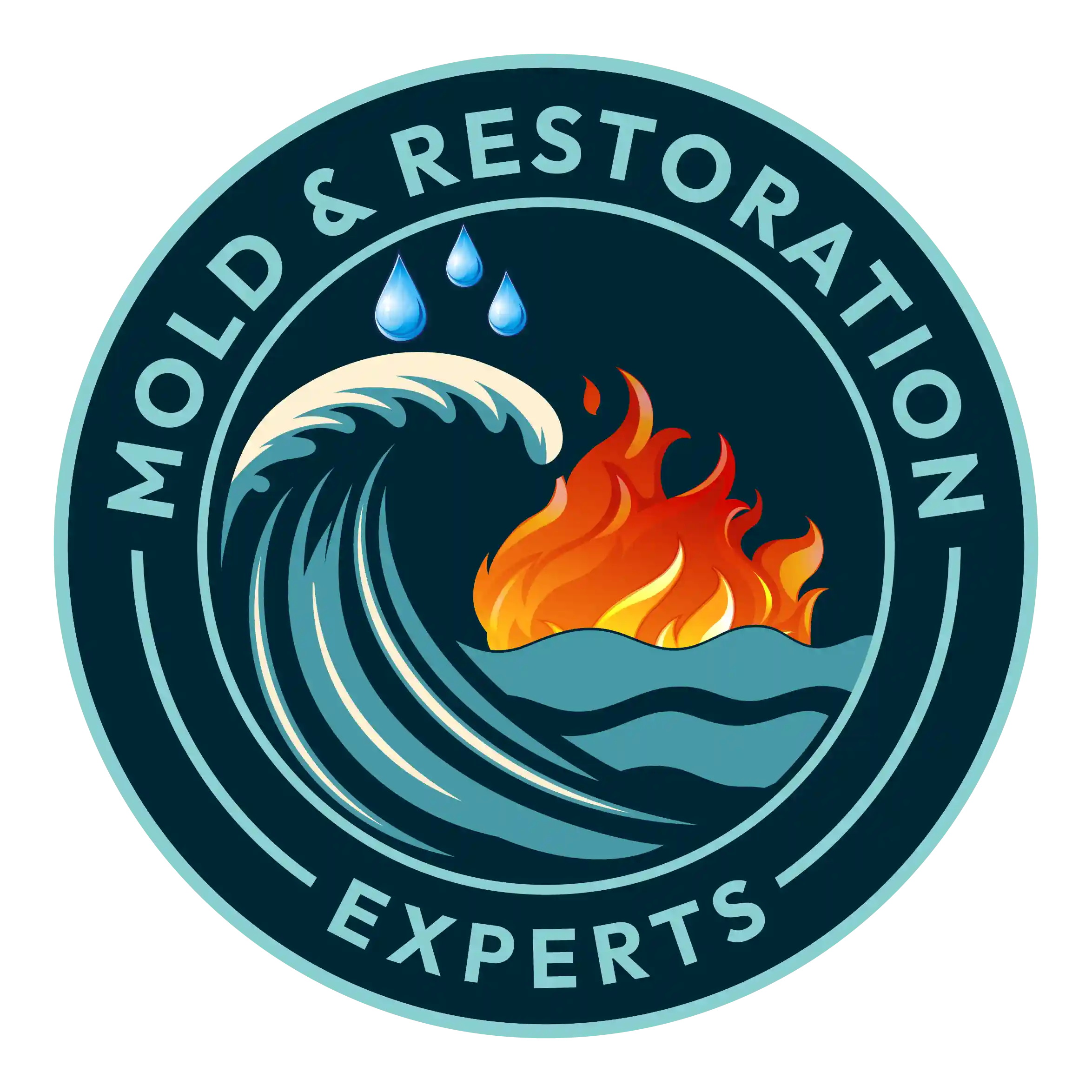Mold Remediation Services
Protecting Your Home & Health
Understanding the Dangers of Mold
Mold is more than just an unsightly nuisance—it’s a serious health hazard that can cause significant damage to homes and businesses. Mold thrives in damp, humid conditions and can spread quickly, often going unnoticed until it becomes a major issue. If left untreated, mold can compromise indoor air quality, weaken structural integrity, and lead to a range of health problems.
Exposure to mold can cause respiratory issues, allergies, skin irritation, and even chronic illnesses in sensitive individuals. People with asthma, weakened immune systems, or pre-existing health conditions are particularly vulnerable. Mold spores in the air can trigger symptoms such as coughing, sneezing, headaches, fatigue, and eye irritation. In severe cases, prolonged exposure to toxic molds like Stachybotrys chartarum (black mold) can lead to more serious neurological and respiratory conditions.
Why is Mold Remediation Essential?
Professional Mold Remediation Involves
Thorough Mold Inspection & Testing: Identifying the extent of contamination.
Moisture Control & Water Damage Restoration: Addressing the root cause of mold growth.
Safe Mold Removal & Remediation: Using industry-approved methods to eliminate mold completely.
Advanced Sanitization & Air Purification: Ensuring your indoor air quality is safe.
Preventative Measures: Implementing strategies to stop future mold growth.
Delaying mold removal can lead to costly repairs, property devaluation, and serious health issues. That’s why acting fast is crucial.
Why Choose Mold and Restoration Experts
At Mold and Restoration Experts, we specialize in comprehensive mold remediation services to keep your home or business safe. As a licensed, insured, and industry-certified company, we bring years of expertise and cutting-edge techniques to effectively eliminate mold at its source.
Certified Professionals: Our team is trained and certified by NORMI, IICRC, and the DeWalt Academy of Dry Out, ensuring the highest industry standards.
Advanced Technology: We utilize dry fogging, HEPA filtration, and surgical demolition to remove mold while maintaining safety.
Eco-Friendly Solutions: Our cleaning methods are safe for humans, pets, and the environment, avoiding harsh chemicals that can harm indoor air quality.
Comprehensive Restoration: We not only remove mold but also repair and rebuild damaged areas, restoring your space to its original condition.
Preventative Expertise: We don’t just fix the problem—we prevent it from coming back with moisture control and long-term solutions.
We provide professional mold remediation services at multiple locations across Florida:
- Clearwater
- Tampa
- Bradenton
FAQs about Mold Remediation Services
1. What is mold remediation?
Mold remediation is the process of identifying, removing, and cleaning mold from a property. It includes assessing mold growth, containment procedures, removal of contaminated materials, and thorough cleaning to ensure safe indoor air quality.
2. How do I know if I have a mold problem in my home?
Signs of a mold problem may include visible mold growth, a musty odor, and water damage. If occupants experience unexplained health issues, such as persistent coughing or sneezing, this may also indicate the presence of mold.
3. How long does the mold remediation process take?
The duration of mold remediation can vary depending on the severity of the infestation and the size of the affected area. Generally, small jobs can take a few days, while larger, more complex situations may take a week or more. A professional service will provide you with a timeline based on your specific case.
4. Is mold remediation covered by homeowners’ insurance?
Many homeowners’ insurance policies cover mold remediation, but it often depends on the cause of the mold growth. If it was a result of a covered peril like a burst pipe, remediation may be covered. It is best for homeowners to check with their insurance provider for details.
5. How can I prevent mold from returning after remediation?
To prevent mold from returning, it’s essential to address moisture issues in your home, such as fixing leaks, controlling humidity levels, maintaining proper ventilation, and using dehumidifiers in damp areas. Regularly inspecting and cleaning your home, particularly areas prone to moisture, will also help keep mold at bay.
6. Why is mold removal important?
Mold removal is crucial for maintaining a healthy living environment. Mold can cause various health issues, including respiratory problems, allergies, and skin irritations. It can also damage the structure of a building and its contents.
7. Can I remove mold myself?
While small areas of mold can be handled by homeowners using protective gear and cleaning solutions, it is generally advisable to hire professional mold remediation experts. They have the necessary tools, knowledge, and experience to safely and effectively address larger mold issues.
8. What are the steps involved in the mold remediation process?
The mold remediation process usually includes inspection, containment, air filtration, mold removal, cleaning, and post-remediation testing. Each step is critical to ensure that the mold is effectively addressed and does not return.
9. When should I call a professional for mold remediation?
Homeowners should call a professional for mold remediation if they discover mold covering an area larger than 10 square feet, if there is a persistent musty odor, or if they have health concerns related to mold exposure. Professional services ensure thorough treatment and safety for occupants.
By addressing these common questions, potential clients can gain a better understanding of mold remediation and the importance of seeking professional help for their mold issues.

